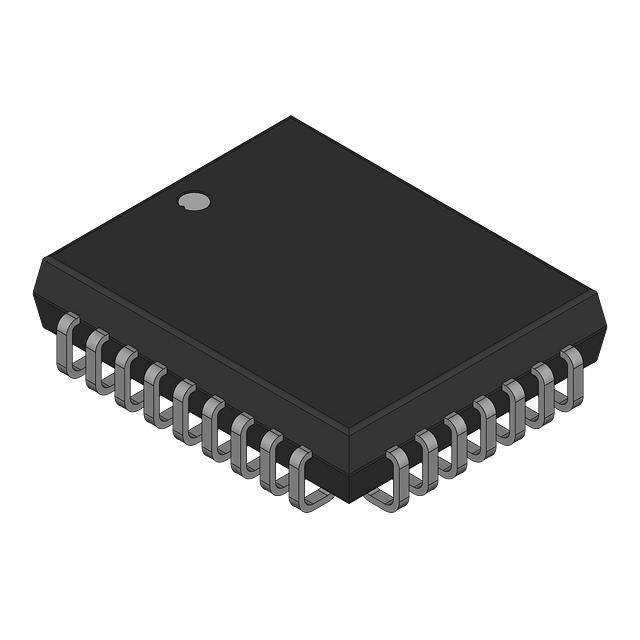SN74ACT7204L50RJR
Manufacturer No:
SN74ACT7204L50RJR
Manufacturer:
Description:
IC FIFO ASYNC 4KX9
Datasheet:
Delivery:





Payment:




In Stock : 12750
Please send RFQ , we will respond immediately.









SN74ACT7204L50RJR Specifications
-
TypeParameter
-
Supplier Device Package-
-
Package / Case-
-
Mounting Type-
-
Operating Temperature-
-
Expansion Type-
-
Bus Directional-
-
Current - Supply (Max)-
-
Voltage - Supply-
-
Access Time-
-
Data Rate-
-
Function-
-
DigiKey ProgrammableNot Verified
-
PackagingBulk
-
Product StatusActive
-
Series*
The SN74ACT7204L50RJR is a specific model of integrated circuit chip manufactured by Texas Instruments. It is a 16-bit buffer/driver with 3-state outputs. Here are some advantages and application scenarios of this chip:Advantages: 1. High-speed operation: The SN74ACT7204L50RJR chip operates at a high-speed of 50 MHz, making it suitable for applications that require fast data transfer. 2. 3-state outputs: The chip has 3-state outputs, which means it can be put into a high-impedance state, allowing multiple devices to share a common bus without interfering with each other. 3. Wide operating voltage range: The chip can operate within a wide voltage range of 4.5V to 5.5V, making it compatible with various power supply systems. 4. Low power consumption: The SN74ACT7204L50RJR chip is designed to consume low power, making it suitable for battery-powered devices or applications where power efficiency is crucial.Application scenarios: 1. Data communication systems: The high-speed operation and 3-state outputs of this chip make it suitable for use in data communication systems, such as UART (Universal Asynchronous Receiver-Transmitter) interfaces, where data needs to be transmitted and received at high speeds. 2. Memory systems: The chip can be used in memory systems, such as RAM (Random Access Memory) or ROM (Read-Only Memory), to buffer or drive data signals between the memory modules and the processor. 3. Bus interfaces: The 3-state outputs of the chip make it suitable for use in bus interfaces, where multiple devices need to share a common bus. It can be used to buffer or drive data signals on the bus, ensuring proper communication between devices. 4. Industrial automation: The chip's high-speed operation and low power consumption make it suitable for use in industrial automation systems, where fast and efficient data transfer is required.It's important to note that the specific advantages and application scenarios may vary depending on the requirements of the project and the overall system design.
SN74ACT7204L50RJR Relevant information
-
72V3613L12PFG
Renesas Electronics America Inc -
723641L20PFGI
Renesas Electronics America Inc -
72131L35P
Renesas Electronics America Inc -
72V3642L15PFGI8
Renesas Electronics America Inc -
72V3642L15PFGI
Renesas Electronics America Inc -
723641L20PFGI8
Renesas Electronics America Inc -
CD40105BKMSR
Renesas Electronics America Inc -
CD40105BHSR
Renesas Electronics America Inc -
CD40105BDMSR
Renesas Electronics America Inc -
CD40105BF3A
Texas Instruments







